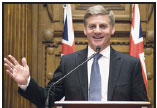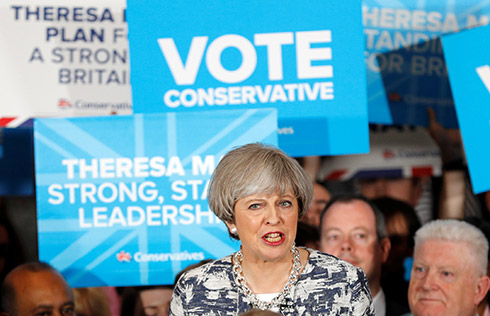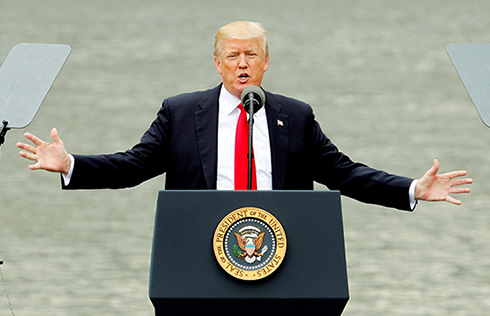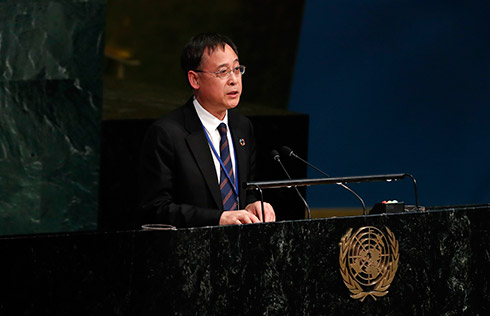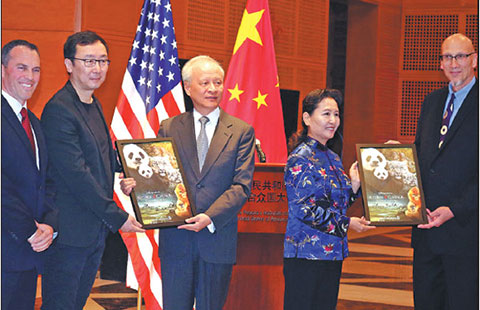New prime minister is steady, not flashy
There's nothing flashy about Bill English. Critics say the former finance minister and farmer who became New Zealand's prime minister on Monday is downright boring. But English hopes his steadiness and experience in handling the economy will prove reassuring when New Zealanders go to the polls next year.
For the past eight years, the 54-year-old has played the role of dependable deputy to the more charismatic John Key. And it seemed it would stay that way heading into the 2017 election, until Key shocked the nation last week by resigning.
English was chosen as the new leader by the conservative National Party caucus after two other candidates for the job withdrew last week.
A practicing Roman Catholic, English is more conservative than Key on social issues. He is opposed to abortion and euthanasia, although he said on Monday that he's changed his mind on gay marriage, which he voted against when it was legalized in New Zealand three years ago.
|
Bill English, New Zealand's prime minister |
"Just seeing the impact it's had with couples, I think it doesn't erode marriage," he said. "In some ways, it's an affirmation of the concept."
English said he won't use his new role to try to influence policy on such issues, which are often left to the conscience of individual lawmakers rather than voted on by party affiliation.
In some ways, English embodies the qualities that many New Zealanders value, casting himself as a down-to-earth rural bloke, a father-of-six who believes in hard work and steps into the limelight with some reluctance.
But his history is more complicated. He studied commerce and then literature at university, graduating with an honors degree. He did work briefly as a farmer but has been a politician for most of his career, after he was first elected to Parliament 26 years ago.
He rose to become leader of his party in 2001 and led them to a disastrous defeat in an election the following year. The National Party gained just 21 percent of the vote, its worst-ever showing.
After he was replaced as leader in 2003, it seemed his star had faded. But he learned from that defeat, he said.
This time, he has his economic record to highlight. After becoming finance minister in 2008, English helped the nation weather the global downturn and has since helped return annual GDP growth to more than 3 percent and unemployment to below 5 percent.
(China Daily 12/13/2016 page11)




